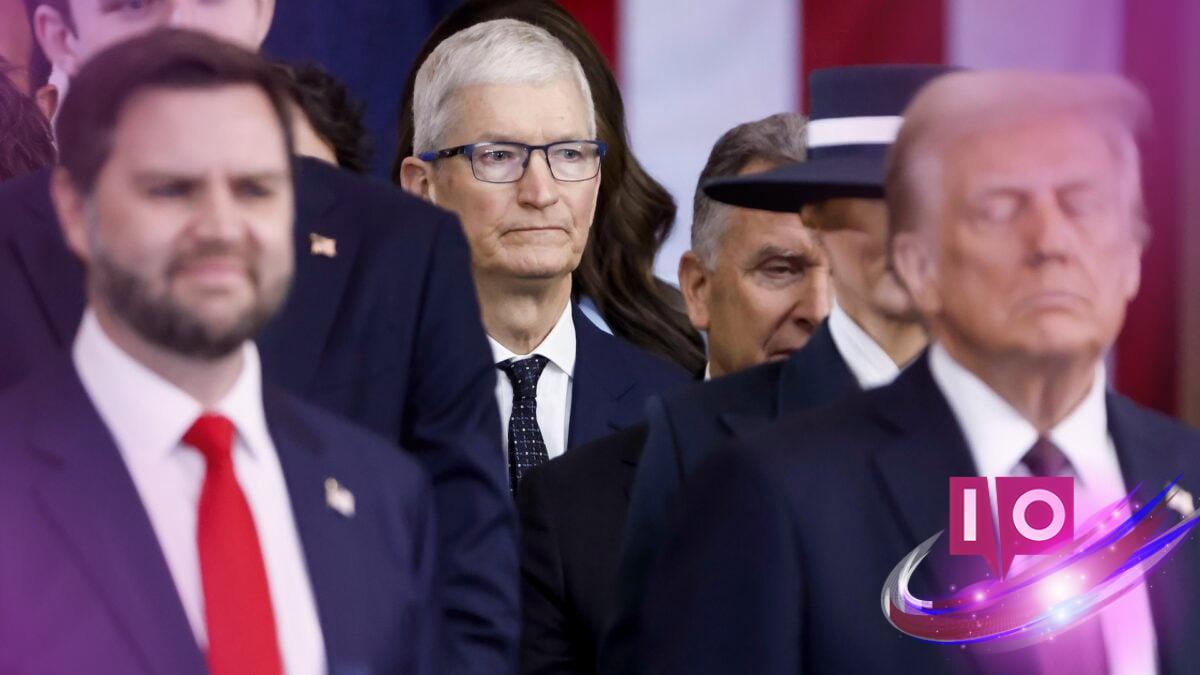Apple CEO Tim Cook is set to join President Donald Trump at the White House on Wednesday to unveil a significant $100 billion investment pledge aimed at bolstering American manufacturing. This announcement coincides with Trump’s vow to raise tariffs on Indian goods to 50%, leaving questions about whether Apple’s products produced in India will be exempt from such steep rates, as reported by CNBC.
A White House spokesperson mentioned, “Today’s announcement with Apple is another win for our manufacturing industry that will simultaneously help reshore the production of critical components to protect America’s economic and national security,” according to Bloomberg.
In recent years, Apple has increasingly shifted its manufacturing to India, which has notably influenced the smartphone market in the U.S. For the first time, most smartphones purchased in the U.S. originated from India last week. This trend is not limited to Apple; competitors like Samsung are also relocating production from China. Additionally, other popular Apple electronics, such as MacBooks, iPads, and Apple Watches, are now primarily made in Vietnam, according to Bloomberg.
Cook noted in a recent earnings call that “the vast majority” of iPhones sold in the U.S. are now produced in India. However, this might not satisfy Trump, who has expressed a desire for U.S.-made goods. Back in May, Trump candidly told Cook, “I had a little problem with Tim Cook yesterday. I said to him, ‘My friend, I treated you very good. You’re coming here with $500 billion, but now I hear you’re building all over India.’ I don’t want you building in India,” highlighting the administration’s push for domestic manufacturing.
Earlier this year, Apple announced a landmark $500 billion investment in the U.S., with this additional $100 billion commitment indicating a continued focus on American production. Nevertheless, Apple has no plans to manufacture iPhones domestically, a fact that likely frustrates Trump, who has previously threatened a 25% tariff on foreign-produced phones.
The Trump administration has drawn criticism for unrealistic expectations about domestic production, with Commerce Secretary Howard Lutnick’s assertion about millions of jobs returning to the U.S. seeming overly optimistic. During a television appearance, he remarked, “The army of millions and millions of human beings screwing in little screws to make iPhones — that kind of thing is going to come to America.”
Trump has also signed an executive order imposing a 25% tariff on Indian goods, related to India’s dealings with Russian oil, which is effective soon. This move aims to penalize countries allied with Russia as part of a broader strategy to address the ongoing conflict in Ukraine. However, critics argue that increasing tariffs on Indian imports may not effectively resolve geopolitical issues.
Is Apple planning to manufacture iPhones in America anytime soon? While there’s significant investment in the U.S., Apple has made it clear they have no plans to produce iPhones domestically, despite the push from the federal government.
How has Apple’s shift to India impacted the smartphone market in the U.S.? Apple’s move has led to India becoming the main source of smartphones in the U.S. for the first time, showcasing a significant shift in global manufacturing patterns.
What are the implications of Trump’s tariffs on Indian goods? The increasing tariffs may complicate Apple’s supply chain and pricing strategies, potentially affecting consumers and market dynamics.
Why is there a focus on reshoring manufacturing? Reshoring is seen as vital for strengthening national security and economic stability by ensuring critical components and products are made domestically.
In conclusion, the announcement from Apple represents a considerable commitment to U.S. manufacturing, but the complexities of international trade policies and global supply chains add layers of uncertainty. If you’re interested in more insights on technology, economics, or business strategies, feel free to explore more content at Moyens I/O.
